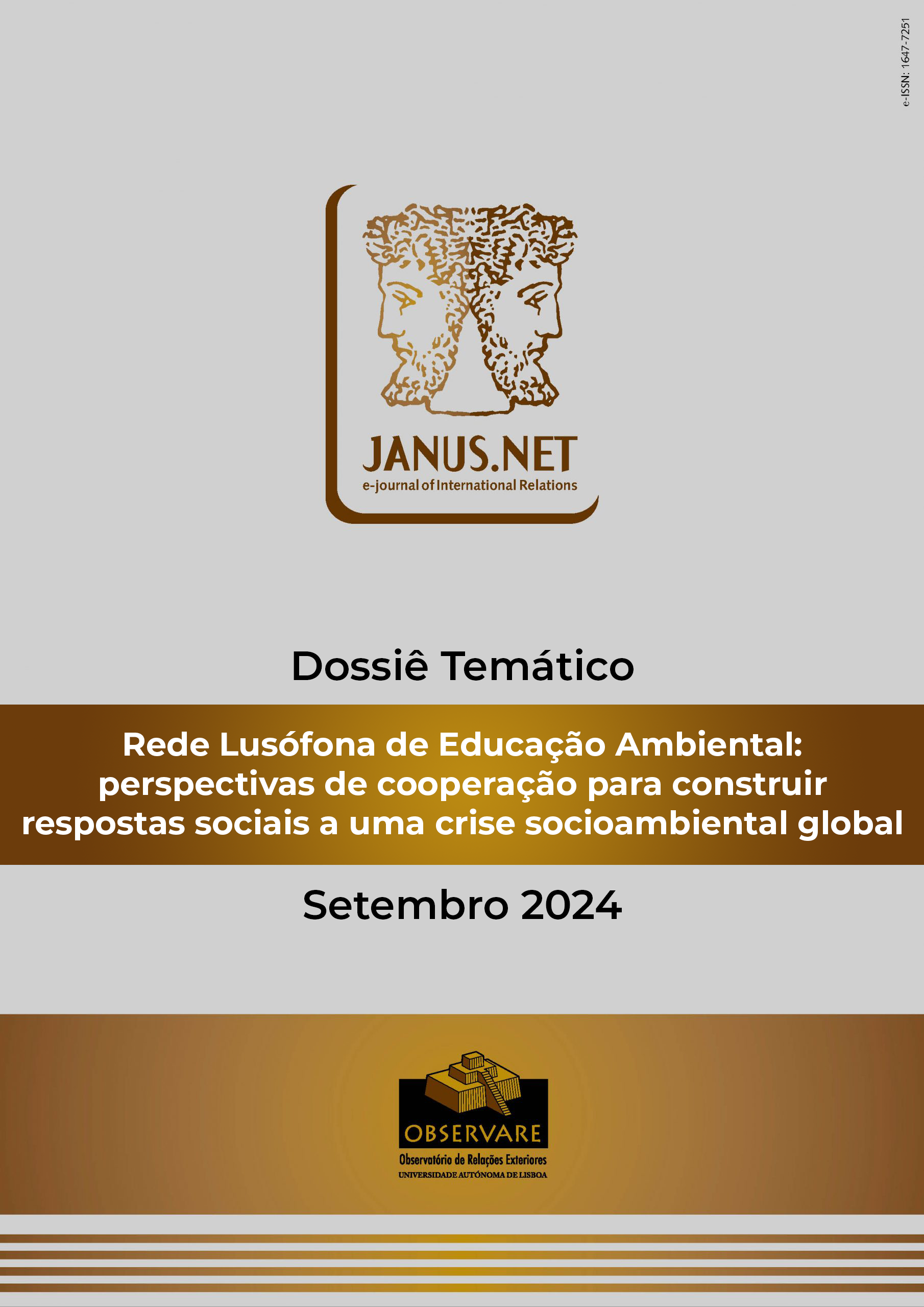CULTURAL MAPPING AS A TOOL FOR ENVIRONMENTAL EDUCATION IN COASTAL AREAS
DOI:
https://doi.org/10.26619/1647-7251.DT0224.4Keywords:
Cultural Mapping, Environmental Education, Coastal Areas, Local Sustainability, Local Spatial KnowledgeAbstract
This article investigates how cultural mapping can strengthen environmental education in coastal areas of Portugal, highlighting its relevance for understanding the interactions between local communities and coastal landscapes and the development of sustainable conservation and environmental management strategies. The critical praxis developed in research, activism, and even political stances has been trying to emphasize the importance of collective constructions for a sustainable future. The cultural mapping approach presents a critical theoretical and methodological perspective and significant transformative potential in pursuing a socioecological-cultural turn toward local sustainability. To explain and debate those assumptions, this essay analyzes the urban evolution along the Portuguese coast, examining historical contexts and challenges in managing coastal territories. It emphasizes cultural mapping as a valuable approach for integrating local knowledge and fostering collaboration across diverse cultural backgrounds. The study suggests that cultural mapping enhances the relevance and resonance of environmental education projects within communities, thereby contributing to local sustainable development goals. The rationale for adopting the term "cultural mapping" is discussed, highlighting the critical movement from geographical science toward map production and its interpretation of culture within this framework. The manuscript also presents and discusses research projects utilizing cultural mapping as active and critical pedagogies and explores its potential for environmental education. Finally, cultural mapping is portrayed as an interdisciplinary and transcultural research approach employing critical methodological tools for Coastal Environmental Education.


